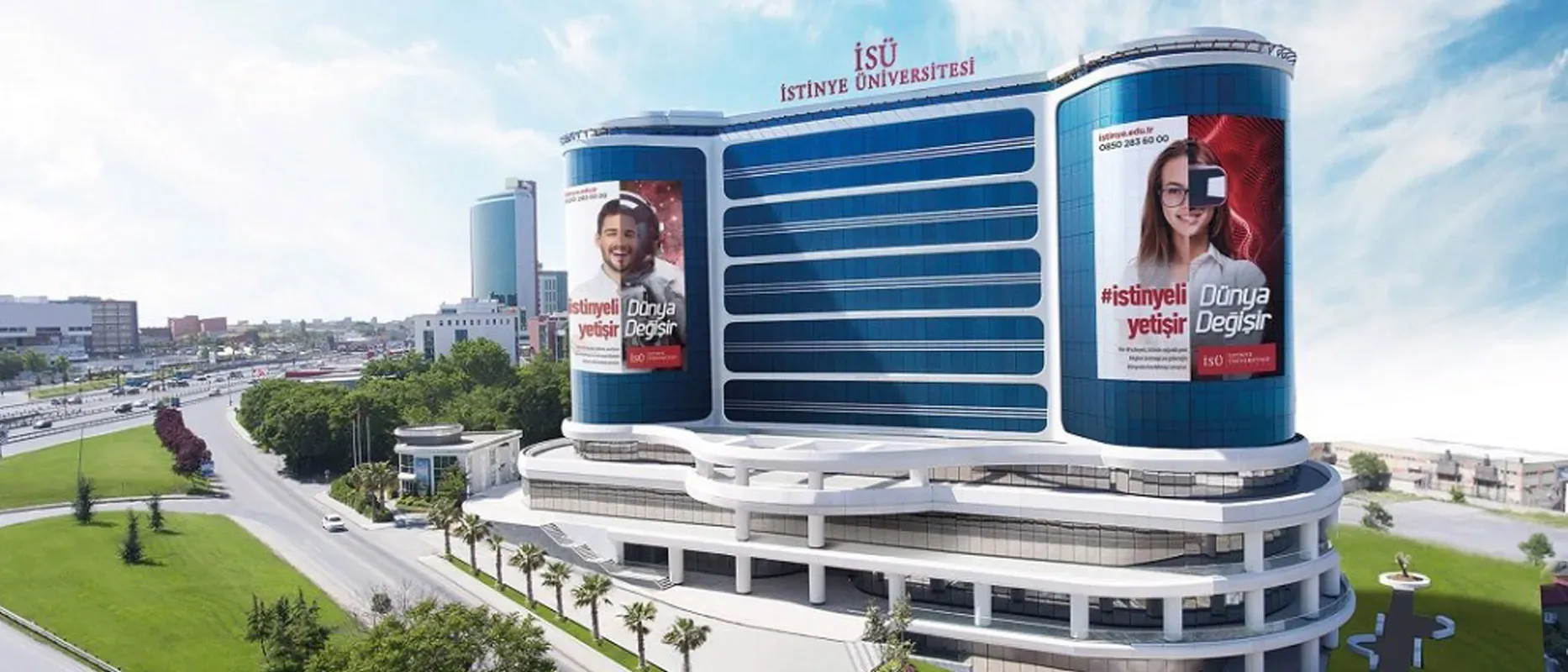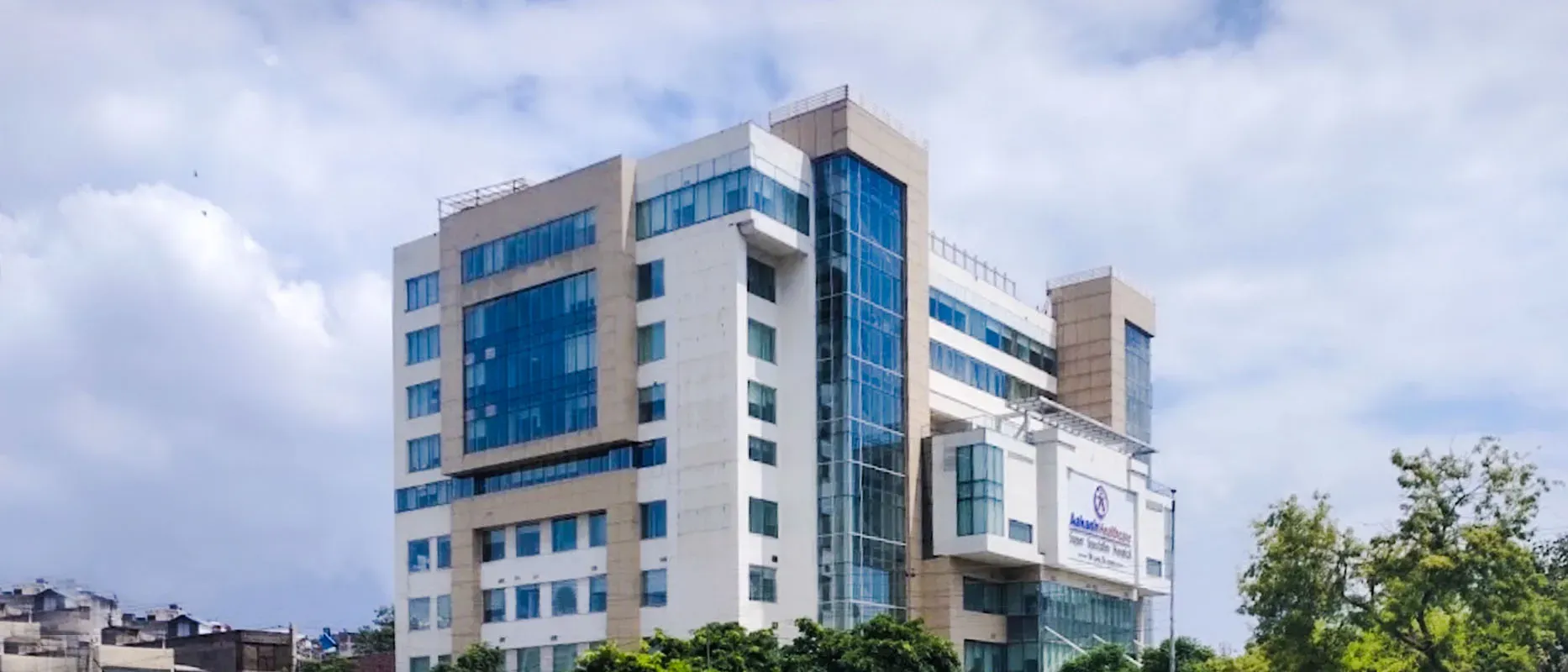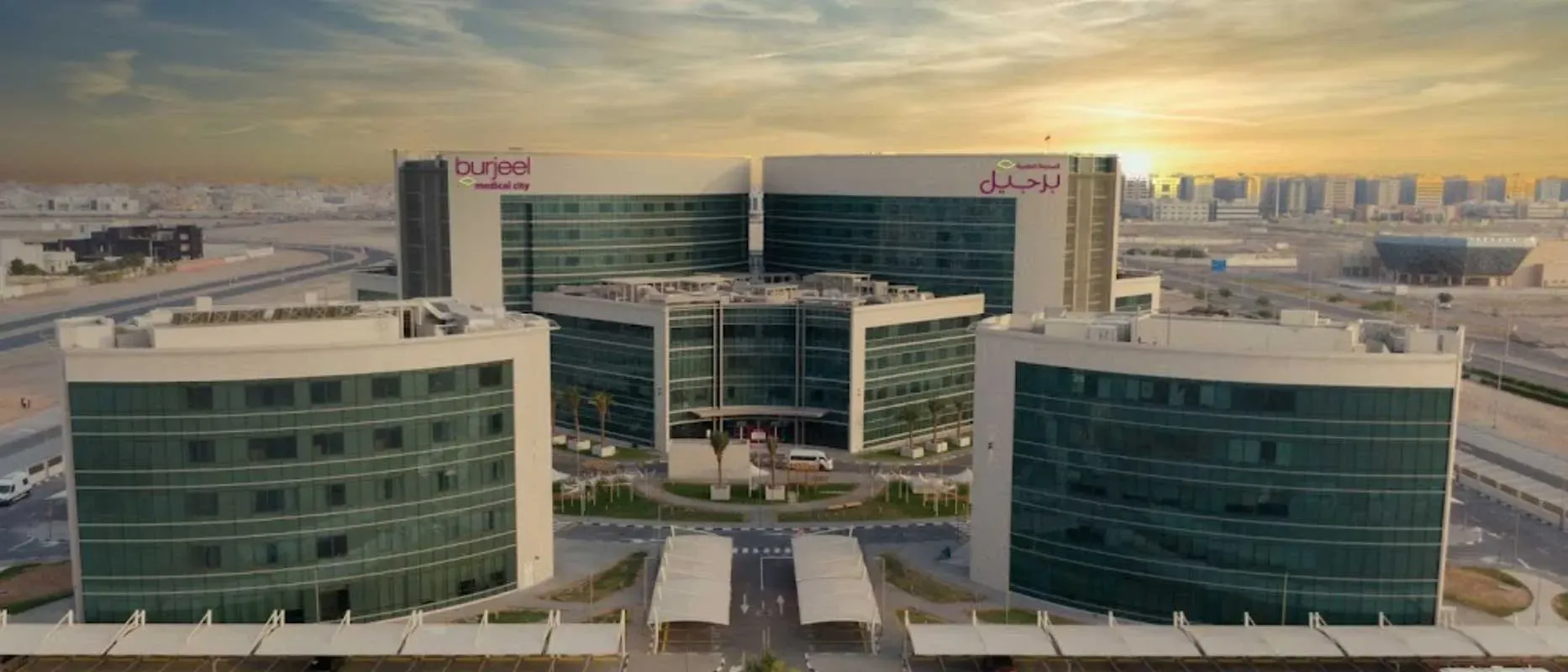Overview of Intensity Modulated Radiotherapy Treatment India
MRT or Intensity-modulated radiotherapy is one of the most advanced types of radiation treatments used to treat cancerous and non-cancerous tumors. The aim of using IMRT is to manage the dose of radiation in a way that there is minimal exposure to the surrounding healthy tissues and minimal side-effects of the treatment. Continue reading to know more details about Intensity-modulated radiation therapy. If you have any query, feel free to contact Ortil Healthcare.
What is Intensity-Modulated Radiation Therapy?
Also known as IMRT, it is a form of high-precision radiation therapy done with the help of a computer-guided linear accelerator to provide radiation in precise doses. The treatment is done in high precise doses such that malignant tumors are treated without causing harm to the surrounding normal tissue. It is done in combination with 3D computed tomography (CT) or magnetic resonance imaging (MRI). Due to the complexity of IMRT, the treatment needs to be planned well before time and needs a longer duration in each session.
Types of Intensity Modulated Radiotherapy Treatment India
How is the Procedure Done?
01. Planning is the most important phase of Intensity-modulated radiotherapy. Before the first session begins, 3D images of the tumor are taken to decide the dosage and direction of the radiation.
02. The doctor might advise you about whether to eat or drink anything before the procedure and may give instructions related to your bowel and bladder movements.
03. You also need to go through certain tests to make sure you can endure the treatment well. Once everything is done you will be called for the first stimulation session.
04. During the first session, you will be shown the equipment and made to lie down as instructed by the radiotherapist.
05. The radiotherapy will mark the places on the skin where the radiation is needed.
06. Imaging systems like CT or MRI may also be used while delivering the radiation to ensure that the radiation is reaching the right place.
07. One IMRT session may take anywhere from 10 to 60 minutes, depending upon the type of tumor.
08. The number of sessions and total duration of the treatment is different in different cases.
09. There is no pain experienced during the treatment. If the patient feels any discomfort, the machine can be stopped during the treatment.
There can be certain side effects after some treatment sessions. The severity of the side effects depends on the type of radiation and its dosage. These side effects can be early or late. The early ones occur immediately after the treatment and resolve within a few weeks. For example, fatigue, skin irritation, redness, itching, peeling, blistering, etc. On the other hand, the late side effects can occur months or years after the treatment and are mostly permanent. Some of them include changes in the brain, joints, lungs, kidney, infertility, lymphedema, secondary cancer, etc.
Diagnosis of Intensity Modulated Radiotherapy Treatment India
Where is Intensity-Modulated Radiation Therapy Used?
Here are some of the common conditions where IMRT is widely used:
01. Head & Neck Tumors - IMRT is generally used in treating tumors in critical areas of the brain to prevent damage to other areas. It is also used in treating salivary gland tumors.
02. Cancer in Abdomen and Pelvis - Cancers of the pancreas, stomach or lower part of oesophagus are usually treated with Intensity-modulated radiation therapy. Other than this, it is also used for colorectal and bladder cancer.
03. Breast and Lung Cancer - Cancers like breast cancer, lung cancer or even the ones near the spinal cord are well treated with IMRT as there is a low risk of causing any harm to the critical areas.
04. Prostate Cancer - Intensity-modulated radiation therapy is a common treatment used for localized prostate cancer and after radical prostatectomy surgery to kill the leftover cancerous cells.
05. Cervical, Uterine or Endometrial Cancer - IMRT is also commonly preferred to treat these cancers with or without pelvic lymph nodes. It increases the accuracy and minimizes the side effects.
Symptoms and Risk factors
Advantages of IMRT:
01. Allows the dose of radiation to conform precisely according to the size and shape of the tumor by adjusting the radiation beam into multiple smaller beams.
02. It enables high dose radiation delivered to the affected site without damaging the surrounding healthy tissue.
03. It provides accurate delivery of radiation.
Disadvantages of IMRT:
01. The time taken for each session of Intensity-modulated radiation therapy as well as the time taken to plan the treatment is quite long.
02. Planning the treatment might be challenging for the movable tumors such as tumors in the lung that can move while breathing.
03. Some of the side effects include hair loss, headache, swelling in the area, nausea, irritation on the skin, soreness, erectile dysfunction, fatigue, etc.
How to take care of yourself during IMRT?
To reduce the side effects and maintain good health during the treatment, you can consider following these recommendations while getting Intensity-modulated radiation therapy:
01. Adequate rest
02. Eating a healthy diet
03. Be careful about any changes in the body
04. Be in touch with your doctor
05. Inform your doctor in detail about any treatment or medication you took in the past or are taking presently.
06. Wear loose and soft clothing.
07. Do not scratch or rub the treated area
08. Do not use ice packs or heating pad on the treated area
09. Take shower with lukewarm water.
10. Avoid using deodorant, soaps or lotion before the session on the targeted part.
11. Keep the targeted area well-protected from the sun.
Difference between IMRT and IGRT
IMRT or Intensity-Modulated Radiation Therapy is an approach using computer-generated images of the targeted area which facilitates the physician to plan and target a narrow beam of radiation. In IMRT, the shape of the beam can be adjusted according to the tumor to focus it better on the affected area.
IGRT Image-Guided Radiation Therapyis more beneficial in regards to positioning the patient on the procedure table to adjust the radiation beam while IMRT is more useful in adjusting the dosage and shape of the radiation beam to cover a precise dimension of the affected area.
Top Hospitals for Intensity-Modulated Radiotherapy (IMRT) in India
Shaping the future of the healthcare institution and establishing the path to accomplishment.
Top Doctors for Intensity-Modulated Radiotherapy (IMRT) in India
Empower your Health with the Expertise of Leading Medical Professionals.
Dr. Dharav Rameshbhai Kheradia
Department of Radiology
Senior Consultant
Book Appointment
Dr. Nikhil Gopi
Department of Radiation Oncology
Junior Consultant
Book Appointment
Treatment Costs for Intensity-Modulated Radiotherapy (IMRT)
Be the change and be an opportunist in transforming healthcare.
How it's Works
Guiding your Journey from Discovery to Treatment Planning and Beyond.
Discovery
Get a consultation to discover about your treatment
Pre-Treatment
Admission to the best hospital and all pre-treatment facilities
Post Treatment
Get post-treatment follow-up care with medicine fulfillment
Treatment Planning
Hassle-free treatment planning with package & cost estimations
in-treatment
world-class quality procedures and equipment for treatment


























